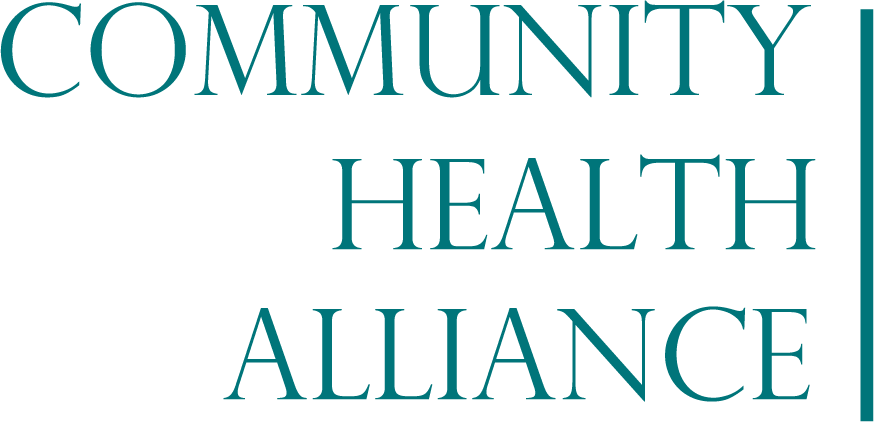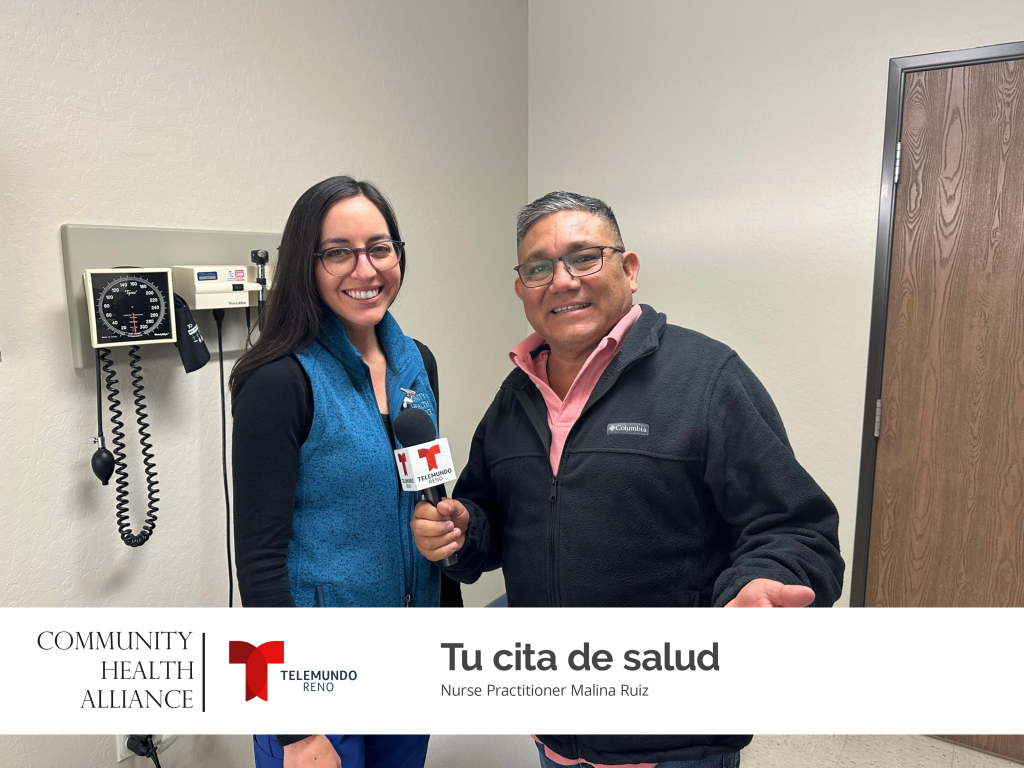Understanding COVID-19 Variants
What Is a Variant?
Viruses are constantly changing. According to the CDC, viruses change constantly through mutation and these mutations result in new variants of viruses. As a virus spreads, it has opportunities to change and become resistant to preventative efforts like vaccines. Variants that spread easier and are resistant to treatment need to be monitored closely, such as Omicron and Delta. As a result, getting a COVID-19 vaccine and wearing a mask are great steps to reduce the spread of infection and slow the emergence of new variants.
The Omicron Variant
As of December 20, 2021, Omicron has been spreading throughout the United States and is causing rapidly increasing cases of COVID-19. The CDC expects that anyone with Omicron infection can spread the virus to others, including vaccinated individuals.
Current COVID-19 vaccines expect to:
- Protect against severe illness
- Protect against hospitalizations
- Prevent death due to infection from Omicron
Learn more about Omicron Variant here.
The Importance of COVID-19 Vaccines
Breakthrough infections in people who are fully vaccinated are likely to occur with the Omicron variant. Most importantly, current vaccines expect to protect against severe illness, hospitalizations, and death. The COVID-19 vaccine remains effective against the Delta variant and other variants of COVID-19. Therefore, vaccines are the best public health measure to protect people from COVID-19, vaccination will slow transmission, and reduce the likelihood of new variants emerging.
Community Health Alliance is providing COVID-19 vaccines and boosters to patients and non-patients by appointment only.
Sign Up for Our Newsletter
SubscribeSign Up for Our Newsletter
By submitting this form, you are consenting to receive marketing emails from: Community Health Alliance. You can revoke your consent to receive emails at any time by using the SafeUnsubscribe® link, found at the bottom of every email. Emails are serviced by Constant Contact
By submitting this form, you are consenting to receive marketing emails from: Community Health Alliance, 680 S. Rock Blvd, Reno, NV, 89502, https://www.chanevada.org. You can revoke your consent to receive emails at any time by using the SafeUnsubscribe link found at the bottom of every email.


